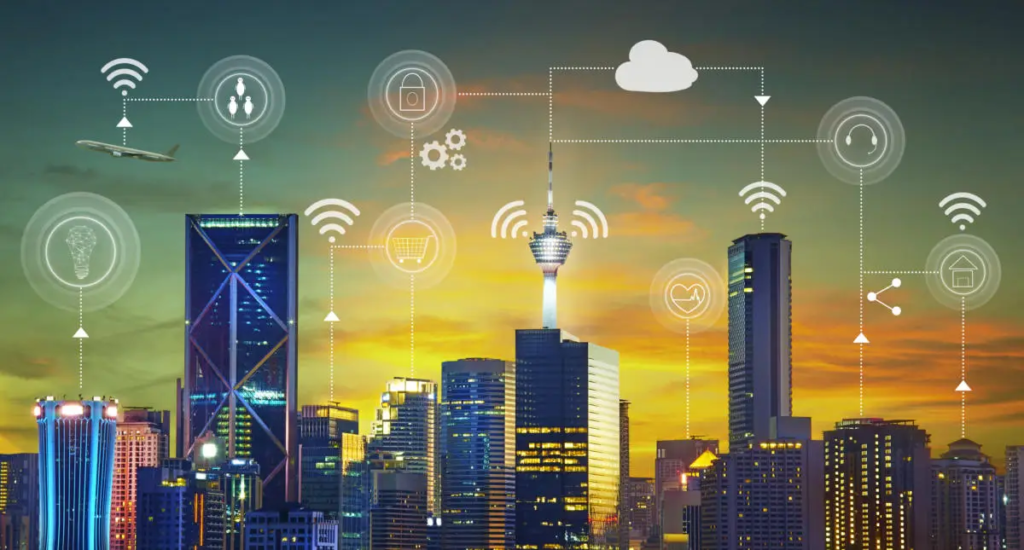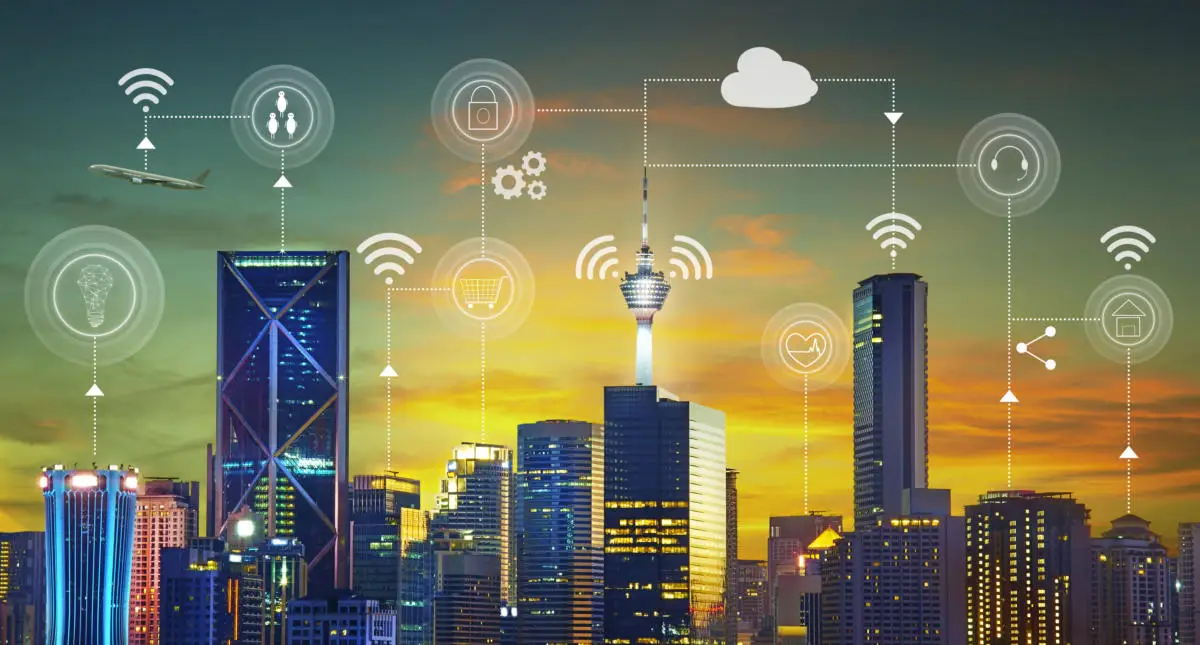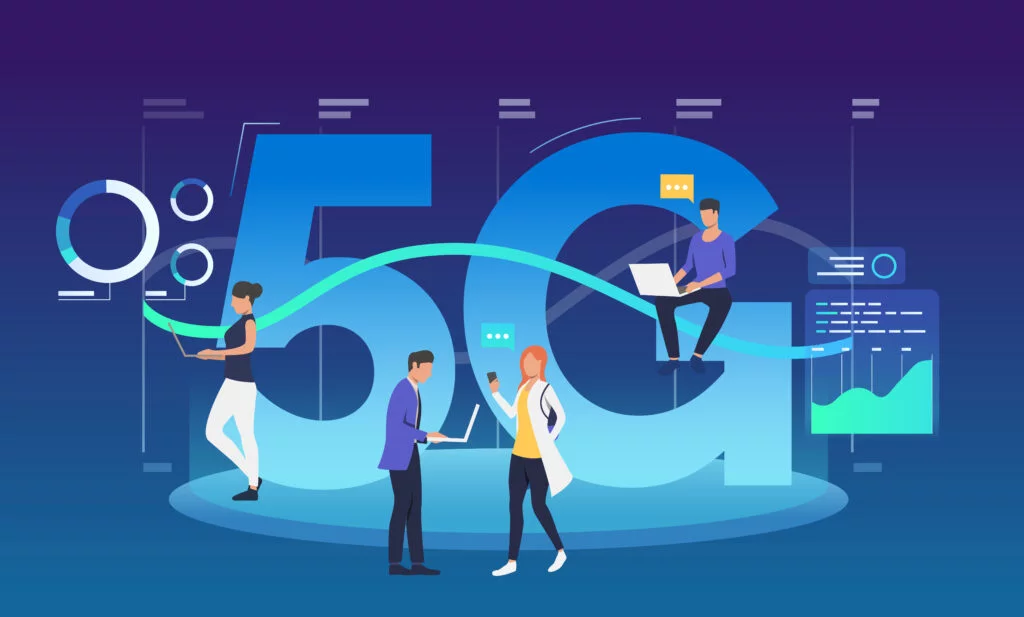The Future The Transformative Power of Emerging Technologies

In an era where technology evolves at breakneck speed, understanding and harnessing emerging innovations are crucial for staying ahead. From artificial intelligence (AI) to quantum computing, these advancements are not merely reshaping industries; they are redefining the very fabric of our daily lives. This article explores several key technologies driving this transformation and examines their potential impacts on society, the economy, and our collective future.
Artificial Intelligence: The Brain of the Digital Age
Artificial Intelligence (AI) stands as one of the most significant technological advancements of the 21st century. At its core, AI encompasses a range of technologies designed to simulate human intelligence. These include machine learning, natural language processing, and computer vision. AI systems are becoming increasingly adept at performing tasks previously thought to require human intellect, such as diagnosing medical conditions, driving vehicles autonomously, and even creating art.
The potential applications of AI are vast and varied. In healthcare, AI algorithms can analyze medical images with greater accuracy than some human radiologists, leading to earlier and more accurate diagnoses. In the financial sector, AI-driven trading algorithms can analyze market trends at lightning speed, enabling more informed investment decisions. Moreover, AI’s capacity to process and interpret large datasets is transforming industries by enabling personalized marketing strategies, enhancing customer service through chatbots, and optimizing supply chains.
However, the rise of AI also brings challenges. Issues of data privacy, algorithmic bias, and the potential displacement of jobs due to automation are critical concerns that need addressing. As AI becomes more embedded in various sectors, it is essential to develop robust ethical frameworks and regulations to ensure its benefits are widely distributed and its risks mitigated.
Quantum Computing: The Next Frontier
Quantum computing represents another leap forward in technology, promising to revolutionize our approach to problem-solving. Unlike classical computers, which use binary bits (0s and 1s) to process information, quantum computers use quantum bits or qubits. Qubits can exist in multiple states simultaneously, thanks to principles of quantum mechanics like superposition and entanglement. This allows quantum computers to perform complex calculations at unprecedented speeds.
One of the most promising applications of quantum computing is in cryptography. Quantum algorithms have the potential to crack encryption methods that are currently considered unbreakable, prompting the development of quantum-resistant cryptographic techniques. Additionally, quantum computing could dramatically accelerate research in fields such as drug discovery, materials science, and optimization problems, offering solutions to challenges that are currently beyond our reach.
Yet, quantum computing is still in its nascent stages. The technology faces significant hurdles, including the need for extremely low temperatures to maintain quantum states and the challenge of scaling up qubit systems. Nevertheless, ongoing advancements in quantum research suggest that practical, large-scale quantum computers may become a reality in the not-so-distant future.
Blockchain Technology: Beyond Cryptocurrencies
Blockchain technology, initially popularized by cryptocurrencies like Bitcoin, has evolved to offer much more than digital currencies. At its core, a blockchain is a decentralized, distributed ledger that records transactions across many computers in a way that ensures the data is secure and tamper-proof. This technology has the potential to transform various industries by providing a transparent and immutable record of transactions.
In supply chain management, blockchain can enhance traceability and reduce fraud. By recording each step of a product’s journey on a blockchain, businesses can ensure the authenticity and ethical sourcing of goods. Similarly, in the realm of finance, blockchain enables the creation of smart contracts—self-executing contracts with the terms of the agreement directly written into code. These contracts can automate and streamline complex financial transactions, reducing the need for intermediaries and associated costs.
Despite its potential, blockchain faces challenges such as scalability, energy consumption, and regulatory uncertainties. Additionally, the technology’s novelty and the complexity of its implementation mean that widespread adoption may take time. Nonetheless, the continued development of blockchain solutions holds promise for a range of applications beyond cryptocurrencies.
Augmented Reality and Virtual Reality: Blurring the Lines Between Real and Virtual
Augmented Reality (AR) and Virtual Reality (VR) are technologies that are increasingly making their mark on both entertainment and practical applications. AR overlays digital information onto the real world, enhancing our interaction with our environment. VR, on the other hand, immerses users in a completely virtual environment.
In the realm of gaming and entertainment, AR and VR offer immersive experiences that were previously the stuff of science fiction. Games like Pokémon GO use AR to blend virtual characters with real-world settings, creating engaging experiences that encourage physical activity. VR systems, such as those developed by Oculus and HTC, provide users with fully immersive environments for gaming, training, and social interaction.
Beyond entertainment, AR and VR have significant potential in fields like education and healthcare. VR simulations can provide medical students with hands-on experience in a controlled, virtual environment, while AR can assist surgeons by overlaying critical information during procedures. These technologies also offer new ways to visualize complex data and concepts, enhancing learning and decision-making processes.
The Road Ahead
As we navigate the rapidly evolving landscape of technology, it is crucial to remain aware of both the opportunities and challenges these advancements present. Technologies like AI, quantum computing, blockchain, AR, and VR are set to redefine our world, driving progress and innovation across various domains. However, the transformative power of these technologies comes with the responsibility to address ethical considerations, manage risks, and ensure equitable access.
In embracing these technologies, we have the chance to shape a future that is not only more efficient and connected but also more inclusive and mindful of the broader impact on society. The journey ahead will be marked by continuous learning and adaptation, as we harness the potential of these innovations to create a better world for future generations.




Post Comment